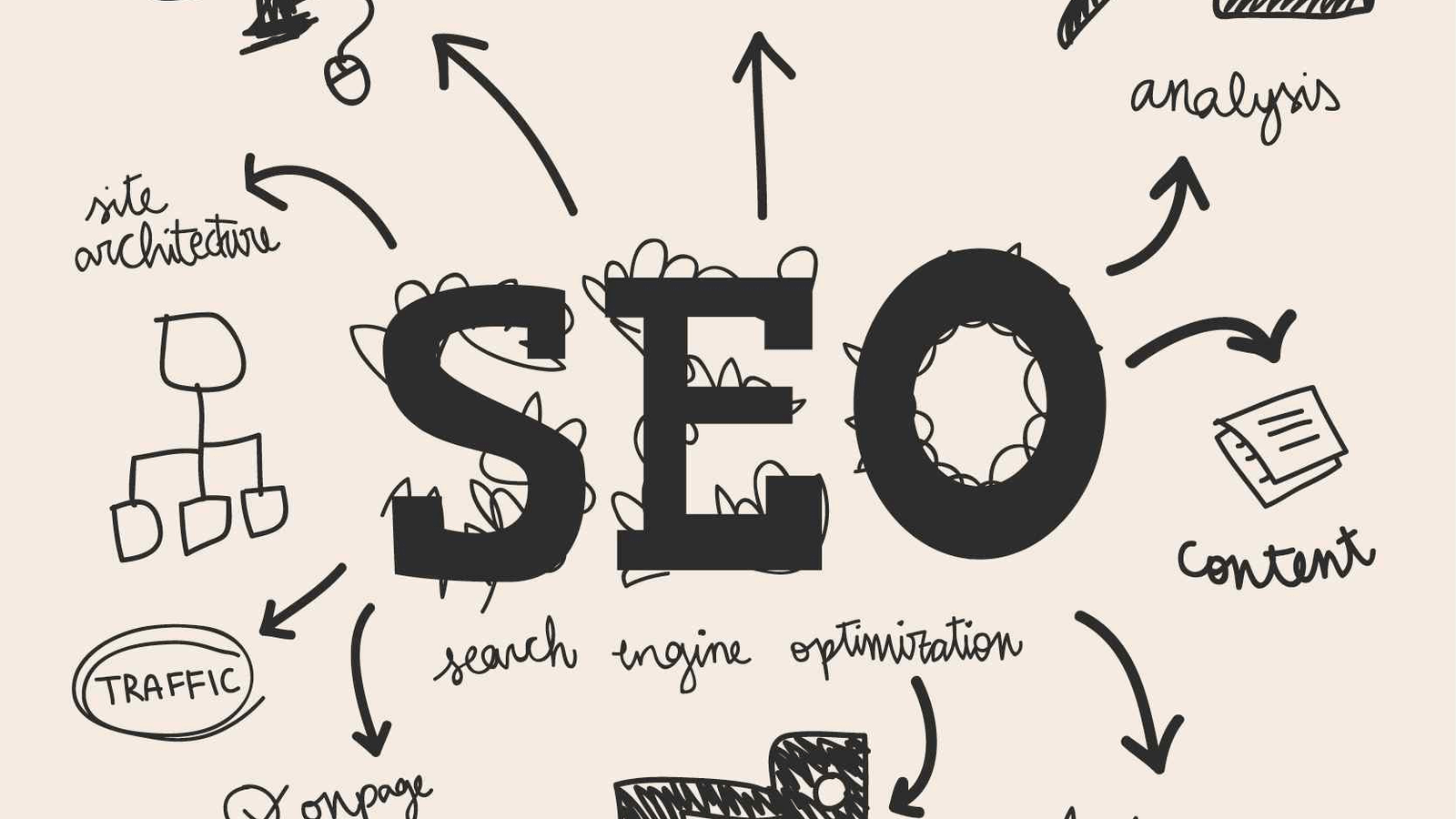
In a world where countless brands compete for attention, how do you make sure yours is the one people remember? It’s not just about having a great product – it’s about creating a brand that sticks in people’s minds and feels like a familiar friend. That’s where brand awareness comes in.
Whether you’re just starting out or looking to give your brand a boost, understanding brand awareness is essential.
In this guide, we’ll break down what brand awareness really is, why it’s so important, and how you can build it to create genuine connections with your audience.
Key Takeaways
- Brand awareness is a fundamental aspect of marketing that significantly impacts a company’s success.
- When brand awareness is strong, your brand becomes the go-to choice in the minds of consumers because they trust and feel connected to it.
- Brand awareness helps consumers recognize a brand’s logo, name, and products, which is essential for standing out in a competitive market.
- Familiarity with a brand can build trust and credibility, making consumers more likely to choose that brand over competitors.
- It differentiates a brand from its competitors, helping it to establish a unique identity in the market.
- Strong brand awareness can lead to customer loyalty, as consumers are more likely to return to brands they recognize and trust
What is Brand Awareness?
Brand awareness is a fundamental aspect of marketing that significantly impacts a company’s success. It refers to how familiar and recognizable your brand is to your target audience. It’s not just about people knowing your name; it’s about them understanding what sets your brand apart and associating it with specific qualities, values, or experiences.
When brand awareness is strong, your brand becomes the go-to choice in the minds of consumers because they trust and feel connected to it.
Essentially, brand awareness is the foundation of brand loyalty, helping to drive consumer decisions and foster long-term relationships with your audience.
By the way, you can read our article What is Brand Marketing: All You Need To Know.
Why is Brand Awareness Important?
Brand awareness is crucial for several reasons, primarily because it plays a significant role in influencing consumer behavior and business success. Here are some key reasons why brand awareness is important:
Consumer Purchase Decisions
Brand awareness is the first step in the consumer decision-making process. When consumers are aware of a brand, it naturally becomes part of their consideration set when they’re ready to make a purchase. This familiarity reduces the chances of consumers making random choices, as they’re more likely to select a brand they recognize and trust.
A well-known brand also tends to be perceived as more credible and reliable, which can directly influence purchasing decisions and lead to increased sales.
Without strong brand awareness, a company may struggle to capture the attention of potential customers, limiting its market reach and growth potential.
Trust and Loyalty
Familiarity breeds trust, and when consumers consistently recognize a brand, they’re more likely to associate it with positive attributes like quality, reliability, and value. This trust is crucial for building long-term relationships, as consumers who trust a brand are more likely to make repeat purchases.
Loyal customers not only return for future purchases but are also more inclined to recommend the brand to others, expanding its reach through word-of-mouth marketing. Trust and loyalty are vital to a brand’s reputation, which plays a significant role in its overall success.
Competitive Advantage
In a crowded market, brand awareness gives a company a competitive edge by making its brand more recognizable than others. A brand that stands out is more likely to be considered by consumers, offering an advantage over lesser-known competitors.
This differentiation is especially important in industries where products and services are similar, as it helps attract and retain customers. Additionally, a strong brand presence can discourage new competitors who may struggle to compete against established brands. Over time, this advantage can translate into increased market share and profitability.
Measurement of Marketing Effectiveness
Brand awareness is a key metric for evaluating the success of marketing campaigns. By monitoring changes in brand awareness, companies can gauge whether their marketing strategies are effectively reaching and resonating with their target audience.
An increase in brand awareness signals that marketing efforts are paying off, while stagnant or declining awareness suggests a need for strategic adjustments. This ongoing feedback loop enables companies to refine their marketing tactics, optimize spending, and focus on initiatives that deliver the greatest impact. Understanding brand awareness levels also helps in setting realistic marketing goals and tracking progress over time.
Emotional Connection and Brand Equity
Strong brand awareness can create emotional connections with consumers, which in turn enhances brand equity. When consumers associate a brand with positive experiences and values, they’re more likely to develop an emotional attachment, influencing their purchasing behavior.
This emotional bond can lead to heightened brand loyalty, as consumers tend to stick with brands that resonate with their personal values and aspirations. High brand equity also allows companies to command premium prices, as consumers perceive the brand as offering greater value.
Building these emotional connections through brand awareness not only strengthens customer relationships but also contributes to the brand’s long-term success and sustainability.
How to Build Brand Awareness
Building brand awareness is essential for establishing a strong market presence and ensuring that your brand is top-of-mind for consumers. Here are several strategies to effectively build brand awareness:
Create a Consistent Brand Image
A consistent brand image is crucial for making your brand recognizable and memorable. This involves using the same colors, fonts, and logos across all marketing materials, from your website to business cards. A cohesive visual identity helps potential customers easily identify your brand, reinforcing recognition and recall.
Developing a brand book can be a helpful tool in maintaining this consistency, as it outlines the visual and stylistic guidelines for your brand. By ensuring that all brand communications align with this identity, you create a unified presence that resonates with your audience.
Get to Know Your Audience
Understanding your target audience is a critical step in building brand awareness. This involves researching and identifying the preferences, needs, and behaviors of your potential customers. Social listening tools can be invaluable in this process, allowing you to monitor conversations and sentiments about your brand and industry in real-time.
By tailoring your marketing messages to align with your audience’s expectations and interests, you can create more effective and engaging campaigns. This approach not only boosts brand awareness but also fosters stronger connections with your audience.
Use Social Media Marketing
Social media platforms offer immense opportunities for brands to increase their visibility and engage with their audience. With over 4.8 billion users worldwide, platforms like Facebook, Instagram, and Twitter are essential for reaching a wide audience. By maintaining consistent tones, messages, and design styles across these platforms, brands can create a recognizable and cohesive online presence. Engaging with customers through comments, direct messages, and interactive content can also help build a community around the brand and keep it relevant in industry conversations. Learn more about social marketing here: https://quirk.biz/what-is-social-media-marketing/
Implement Content Marketing
Content marketing involves creating valuable and relevant content that resonates with your audience and showcases your brand’s expertise. This can include blog posts, videos, podcasts, and infographics that tell your brand’s story and provide useful information.
High-quality content not only attracts and retains audience attention but also positions your brand as an authority in your industry. By optimizing your content for search engines (SEO), you can increase its visibility and reach a broader audience, further enhancing brand awareness.
Email Marketing
Email marketing is a powerful tool for increasing brand awareness by directly reaching potential and existing customers. Through targeted email campaigns, brands can share informational content that builds authority and trust, as well as promotional offers that keep their products and services top-of-mind. Automated email drip campaigns can further enhance brand visibility by consistently delivering branded messages to potential customers, nurturing leads, and encouraging engagement with the brand.
Video Marketing
Video marketing is an increasingly important component of brand awareness campaigns. Videos have the power to elicit emotions and create memorable experiences, making them effective for building customer awareness and encouraging product purchases.
By incorporating videos into social media platforms, resource centers, and search engine results pages, brands can cut through the noise of content marketing and make a lasting impact on their audience.
Partner with Influencers and Other Brands
Collaborating with influencers and other brands can significantly boost your brand awareness by tapping into their established audiences. Influencers, who have built trust and credibility with their followers, can introduce your brand to new potential customers through authentic endorsements and reviews.
Similarly, co-marketing with complementary brands can expose your brand to new markets and create mutually beneficial partnerships. These collaborations can enhance your brand’s credibility and expand its reach.
Utilize Paid Advertising
Paid advertising, such as display ads, social media ads, and search engine marketing, can effectively increase brand visibility. These ads can be targeted to specific audiences based on demographics, interests, and behaviors, ensuring that your brand reaches the most relevant consumers.
Remarketing campaigns, which target users who have previously interacted with your brand, can also reinforce brand awareness and encourage conversions. By strategically investing in paid advertising, you can amplify your brand’s presence and attract new customers.
Host or Sponsor Events
Sponsoring or hosting events can increase your brand’s visibility and create positive associations with your brand. Whether it’s a local community event or a major industry conference, being present at events allows you to engage directly with your audience and showcase your brand’s values.
Interactive experiences at events can further enhance brand recognition and leave a lasting impression on attendees. This strategy not only boosts brand awareness but also strengthens your brand’s reputation and community ties.
How to Measure Brand Awareness
Measuring brand awareness involves tracking how well people recognize and remember your brand. Here are some straightforward methods to gauge it:
- Surveys and Polls: Ask your target audience directly about their awareness of your brand through online or offline surveys. Questions can include brand recall (e.g., “Which brands come to mind when you think of X?”) and brand recognition (e.g., “Do you recognize this logo?”).
- Social Media Analytics: Monitor your brand’s presence on social media platforms. Look at metrics such as mentions, hashtags, and engagement rates to see how often and in what context your brand is discussed.
- Website Traffic: Analyze the volume of traffic to your website and the sources of that traffic. An increase in direct traffic or branded search terms can indicate higher brand awareness.
- Search Engine Data: Use tools like Google Trends or keyword research tools to see how often people search for your brand or related terms. A rise in searches for your brand can signal growing awareness.
- Media Coverage: Track the amount and quality of media coverage your brand receives. More mentions in reputable outlets can reflect increased brand visibility.
- Brand Tracking Studies: Conduct regular studies to track changes in brand awareness over time. These studies can provide insights into the effectiveness of your marketing campaigns and overall brand visibility.
By using these methods, you can get a clear picture of how well your brand is recognized and remembered, helping you to adjust your strategies for better results.
Conclusion
Brand awareness is a vital component of any successful marketing strategy, serving as the foundation for consumer recognition, trust, and loyalty. By understanding and leveraging the power of brand awareness, businesses can differentiate themselves in a crowded marketplace, create emotional connections with their audience, and drive long-term growth. Whether through social media engagement, content marketing, or strategic partnerships, the methods to enhance brand awareness are diverse and adaptable, allowing brands to tailor their approach to meet specific goals and audience needs.
As you navigate the complexities of building and maintaining brand awareness, remember that consistency, creativity, and a deep understanding of your audience are key to ensuring your brand not only stands out but also resonates with consumers. With this ultimate guide as your resource, you’re well-equipped to elevate your brand’s presence and make a lasting impact in the minds of your audience.























